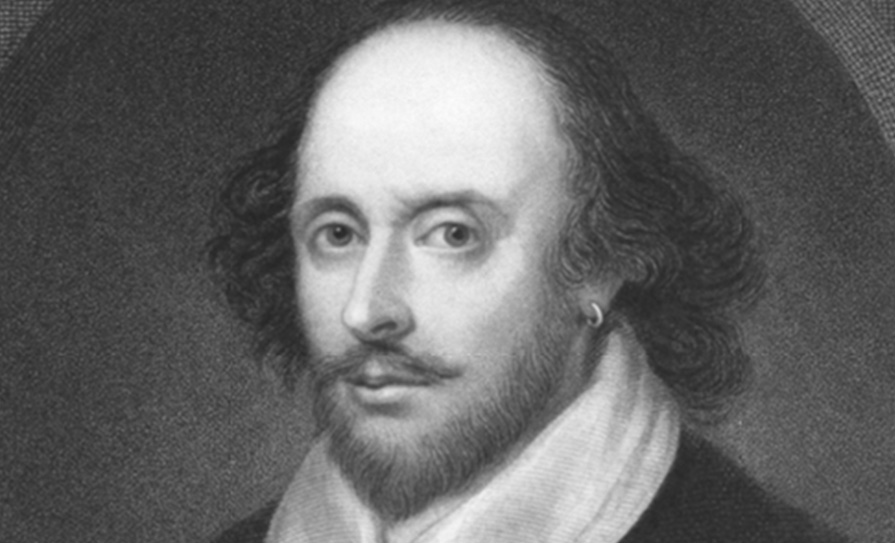One way or the other, almost all of us have been influenced by the works of ‘The Bard of Avon’, William Shakespeare. Perhaps you consider him the greatest playwright who ever lived, or maybe you were forced to read his work as part of some annoying English literature assignment, but the passage of time has not dulled his fame or the majesty of his use of the English language. As 23 April marks his birth 460 years ago, it might be fun to take a brief look at some of the lesser-known facts about the Bard that might surprise you.
Not content with writing plays, Shakespeare also loved to perform in them. A wealthy man with a significant property portfolio for the time, Shakespeare performed for King James I and Queen Elizabeth I.
However, in his early years, he pursued a career as an actor, without much luck. Having moved to London from Stratford-upon-Avon, he found people were more interested in his writing abilities. Shakespeare went for the low-hanging fruit in those days and wrote romantic comedies and gory tragedies.
You could say that his mastery of the language was in spite of his early education, rather than because of it. Spelling was not part of the curriculum in his local school, and students were basically encouraged to spell words in whatever way they wanted. As a result, there were thought to be some 80 ways to spell his name. In fact, the way he spelled his own name varied wildly, including ‘Willm Shakp’, ‘William Shaksper’, ‘Wm Shakspe’, ‘William Shakspere’, and ‘Willm Shakspere’.
His family of five lived above a glove shop and his father drifted in and out of a number of professions, including glove-maker, leather and wool salesman, and beer-taster. He married at 18 and he and his wife had three children in three years. He was equally productive when he began writing, penning 38 plays in his life (or perhaps more), and some 154 sonnets.
Shakespeare also survived waves of the ‘Great Plague’ from 1665 to 1666. His self-isolation gave him the opportunity to focus on his writing, as theatres were closed for two years. Sadly, bubonic plague took the life of his 11-year-old son Hamnet and as you might expect, the theme of death and disease ran through many of his subsequent works.
Shakespeare is, of course, responsible for many of the phrases we use today in everyday language, although many of us do so without realising it. In all, he single-handedly added more than 1,700 words to the English language. We’ll wrap-up with a few examples of how Shakespeare enhanced the nuances of our day-to-day communication.
Addiction. The scourge of addiction has perhaps always been with us as a species, but the actual word ‘addiction’ was non-existent until Shakespeare coined it in his play Othello in approximately 1604.
Brave new world. This was spoken by the character Miranda in his play The Tempest, one of the last that he wrote, to express awe and wonder at future possibilities.
Eventful. According to the Oxford English Dictionary, this word was also unknown until Shakespeare included it in his comedy As You Like It, sometime between 1598 and 1600. The word to this day describes an occasion full of noteworthy occurrences.
Manager. This term was used in other languages, but Shakespeare was the first to coin the term ‘Manager’ in English.
Swagger. Used to describe a pompous or arrogant person in A Midsummer Night’s Dream.
Undress. The word was first used to describe the act of removing clothing in The Taming of the Shrew.
Lonely. It’s as if this word has been around forever, but Shakespeare gave birth to it in his play Coriolanus.
Wild goose-chase. Maybe you have been on one of these in search of a diagnosis. The term was first used in Romeo and Juliet.
Radiance. One for the dermatologists – this word was first used in his play The Two Gentlemen of Verona to describe glowing or shining.
To thine own self be true. Self-explanatory words to live by, and coined by Shakespeare in Hamlet.













Leave a Reply
You must be logged in to post a comment.